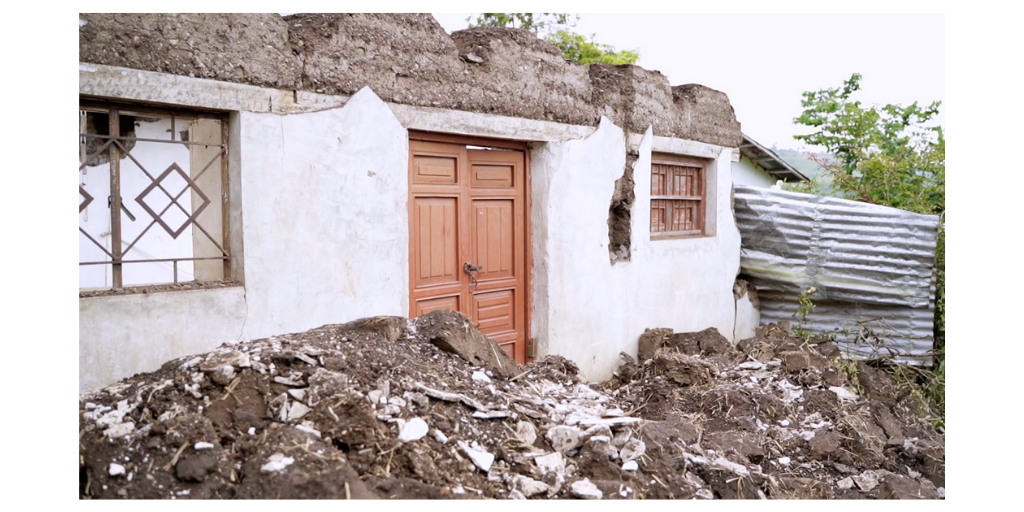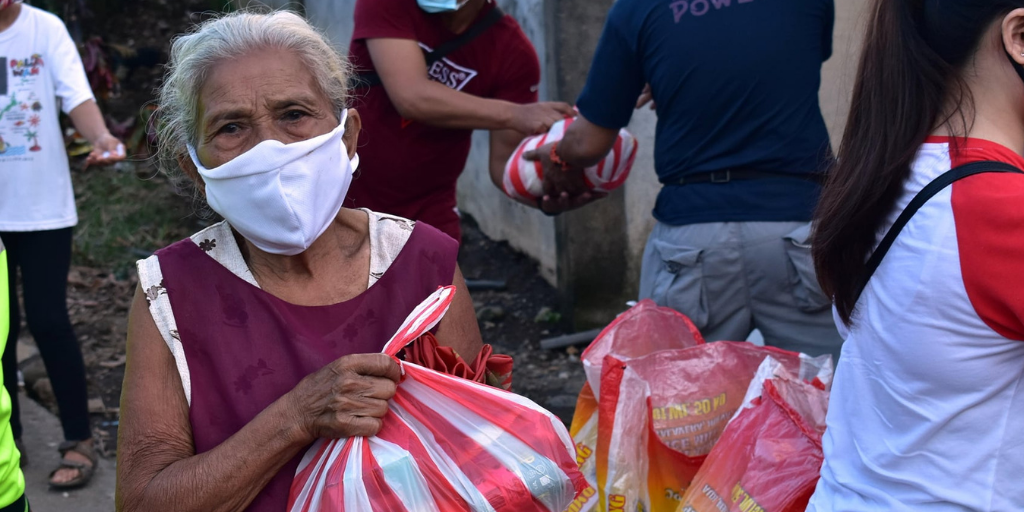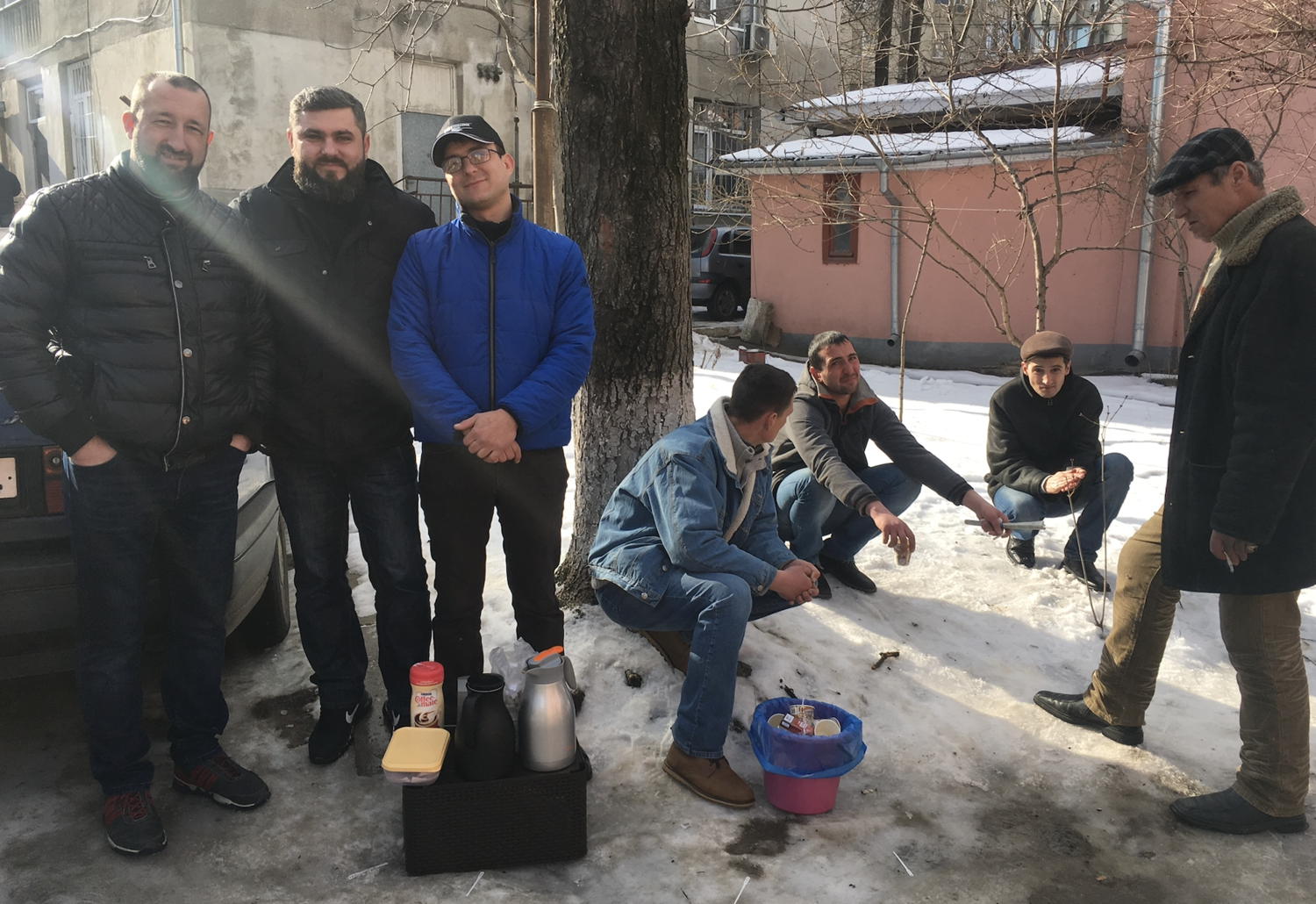On December 16-17 of 2021, Super Typhoon Rai (known locally as Odette) swept through 11 of the 17 regions that make up the Philippines. The storm damaged or destroyed 1.7 million houses, 16,000 schools, and 330 health clinics, impacting 9.9 million people. Almost two months after the disaster, nearly 144,000 people remain displaced. The arrival of the typhoon followed two years of the ongoing COVID-19 pandemic, which had already heightened the vulnerability of many communities.
In the early morning hours of Sunday, November 28, 2021, a 7.5 magnitude earthquake shook the Amazonas Region of northern Peru. The Geophysical Institute of Peru (IGP) reported that the quake was felt throughout many parts of the country and in Ecuador and Colombia, as well.

On Wednesday, January 12, 2022, Rev. Dr. Charles Johnson of the Meridian Fitkins Memorial Church of the Nazarene passed away after faithfully serving the same congregation for over sixty years. Johnson’s impact on the Church of the Nazarene, the community of Meridian, the state of Mississippi, and on the nation will endure for years to come.
During this season where the pandemic has mostly confined us to our homes and social bubbles, the temptation may exist to retreat so far inward that we fail to notice the needs that exist right next door. But no matter where we live—urban, suburban, or rural locations—we are called to recognize that God’s heart is oriented toward our neighbors with care and compassion, and our hearts can be too.
This week, take time to pray for your neighbors and neighborhood.
I was reminded recently of the tenaciousness that Christian hope involves. This kind of hope—the hope that persists—is something we all need right now.

My husband, Bryan, and I have talked about fostering or adopting children in need since we first started dating. We built our lives together knowing that one day there would be children in our home. God was faithful to guide our hearts and teach us things about the foster and adoptive world before we were able to join it ourselves. Because of that, when invited to an informational meeting on fostering almost two years ago, the decision to open our home was easy.
“We do not have anyone to take her home from the hospital, and she has already been here four days. We need somewhere for her to go. Would you guys be open to a newborn?”
Passionate evangelism, intentional discipleship, and purposeful compassion top the list of important ministries of growing Christians. They all flow naturally from a Christ-centered life.
Jesus called His followers to passionate evangelism (sharing the good news about Christ) and intentional discipleship (assisting new believer growth in the Christian faith) when He said, “Therefore go and make disciples of all nations, baptizing them in the name of the Father and of the Son and of the Holy Spirit, and teaching them to obey everything I have commanded you” (Matthew 28:19).
While the church in Lebanon responds to immediate and long-term needs in the aftermath of the massive explosion on August 4, the global church is supporting the response by raising awareness, praying for those in need, and donating to support the relief efforts. One unique way we can encourage specific churches responding in times of crisis is through the prayer page at the NCM website.
Pagination
- Previous page
- Page 4
- Next page

